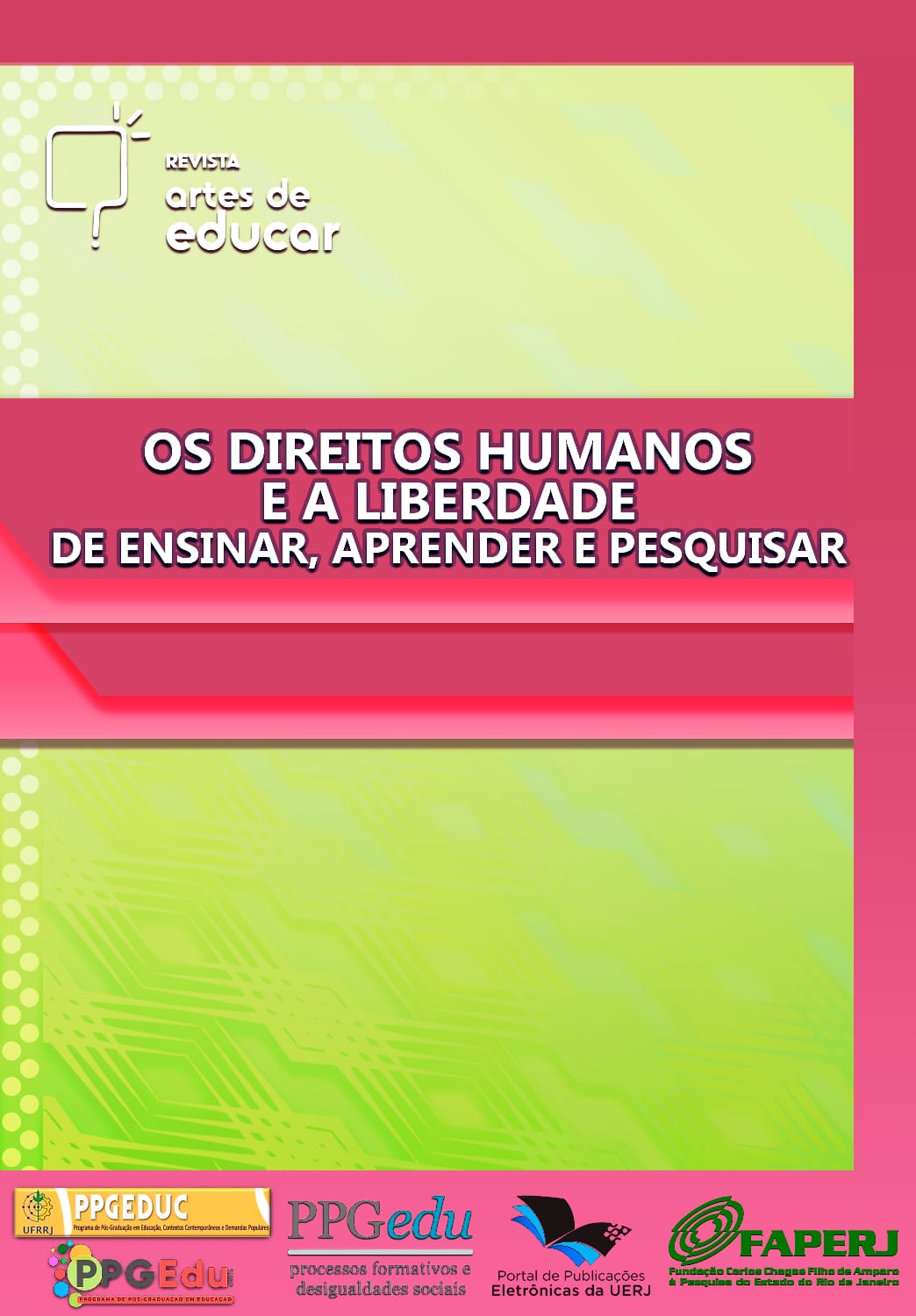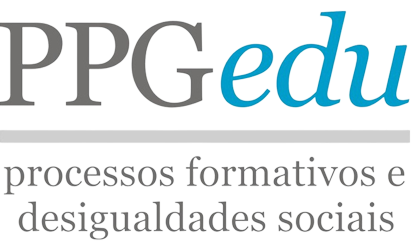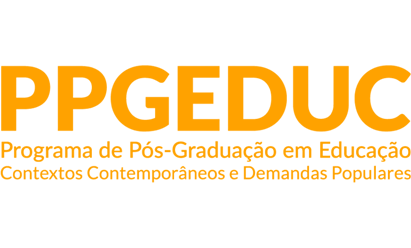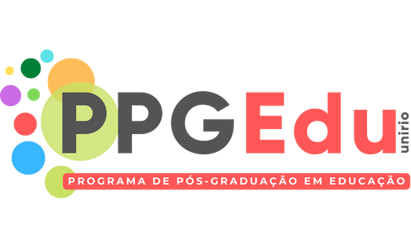DO GIZ À (R)EVOLUÇÃO: O FUTURO DOS ALUNOS DA ESCOLA PÚBLICA BRASILEIRA ENQUANTO SUJEITOS DE DIREITOS
DOI:
https://doi.org/10.12957/riae.2024.82481Palavras-chave:
direitos humanos, escola pública, educação, quarta revolução industrial, inclusão digitalResumo
A pesquisa aborda a complexidade da educação, indo além da simples transmissão formal de conhecimento, com ênfase na promoção da cidadania. O foco está na capacitação dos estudantes para gerir seu próprio futuro, conquistar espaço no mundo profissional e reconhecer suas vocações. O cerne da problemática analisada reside na escassez de recursos e tecnologias nas instituições de ensino público, influenciando significativamente a preparação dos estudantes para os atuais desafios do mercado de trabalho, notadamente quando comparados aos colegas de instituições privadas. A inclusão digital, inseparável da inclusão social, é abordada como um direito fundamental para evitar sua instrumentalização como meio de exclusão. Surge, assim, o direito emergente na sociedade: o direito à inclusão digital. Contudo, a pesquisa vai além de uma análise comparativa, destacando a urgência de transformações na estrutura da escola pública diante de uma sociedade em constante reinvenção, impulsionada pelas evoluções tecnológicas. O objetivo central é identificar os principais obstáculos enfrentados pela escola pública e avaliar as consequências caso as mudanças necessárias não se efetivem. A pesquisa, embasada em abordagem qualitativa, utiliza conceitos da literatura científica, abordando temas como a relação entre escola e mundo contemporâneo, direitos humanos, tecnologia no ensino, Quarta Revolução Industrial e as disparidades entre o ensino privado e público no Brasil. A constatação é que a falta de políticas públicas para apoiar a educação tende a negligenciar a preparação dos estudantes para os novos paradigmas, acentuando as desigualdades sociais. Nesse contexto, é imperativo que a educação brasileira se modernize, ouvindo atentamente seus alunos, para se ajustar a um mundo que transcende os limites físicos das instituições educacionais.
Publicado
Como Citar
Edição
Seção
Licença
Copyright (c) 2024 Carlos Henrique Barbosa Rozeira, Carla Corê Maette, Geórgia Regina Rodrigues Gomes

Este trabalho está licenciado sob uma licença Creative Commons Attribution-NonCommercial 4.0 International License.
Os autores mantêm os direitos autorais dos seus trabalhos, têm permissão para publicar e distribuir seu trabalho online (ex.: em repositórios institucionais ou na sua página pessoal) a qualquer ponto antes ou durante o processo editorial, já que isso pode gerar alterações produtivas, bem como aumentar o impacto e a citação do trabalho publicado.
A aceitação do texto implica na autorização e exclusividade da Revista Interinstitucional Artes de Educar acerca do direito de primeira publicação, os trabalhos publicados estão simultaneamente licenciados com uma licença Creative Commons Atribuição-Não Comercial 4.0 Internacional 























